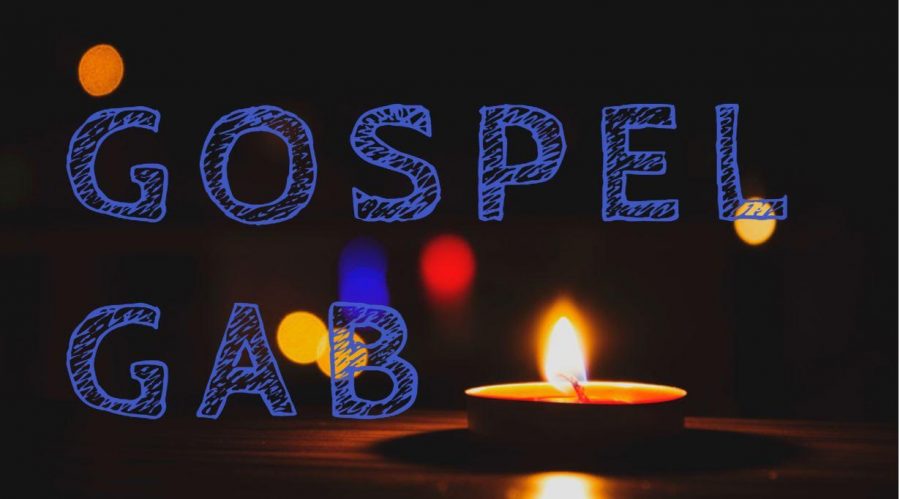The freedom of free will
Editor’s Note: Ava Hicks is a junior at UNCW studying Communications with a minor in Journalism. Ava also serves as a staff writer for The Seahawk and a regular columnist for Gospel Gab. The opinions expressed in this article are solely those of the author. All suggestions and inquiries may be sent via email to [email protected].
There are currently 7.6 billion people alive on Earth today. Among those people, there are estimated to be several thousand religions. That means there are thousands of variances of theories of how we all came to be.
About a third of those 7.6 billion people identify as some sort of Christian faith, totaling up to around 2.2 billion individuals. While there are hundreds of different variations of Christianity, they all are centered around the concept of creation by one higher God and the redemption from our sins by Jesus Christ’s death on the cross.
Everyone has many reasons for believing what they choose to believe, whether they are based on life experience, outside teaching, or an internal decision based on pure faith. If you are a part of the two-thirds of people who do not believe in Christianity, then you probably have your own doubts and questions about the foundations of the faith.
I also have had doubts – every single human to ever live has questioned their own values and beliefs at some point. However, there are a multitude of reasons why I am a Christian, some based on raw faith and others based on substantial truth.
Consider the law of morality and the universal standard of right and wrong. Although this standard varies slightly among cultures, everyone has an ingrained level of consciousness that tells them what is ethical and what is not.
It is true that society has had an immense effect on the principles that we ethically abide by, such as legal measures and moral teachings. Western cultures may have different notions than Eastern cultures of what is proper and virtuous, and vice versa.
However, the actual internal knowledge that there are good and bad choices in the world is not something that is taught, but rather something that human beings are born with built into our conscience. If we were created with the power of free will and a predetermined concept of morality, there must be some sort of higher power that established these guidelines.
Christians believe in judgment based on faith that leads to either eternal damnation or an eternity in Heaven following physical death. This judgment is not based on quality of works, but rather the acceptance and following of Jesus Christ that entails living a life full of love and selfless action.
So if God created us to exude love and serve Him and His children, why even give us free will? Why not just create a species that is inherently righteous and incapable of wrongdoing?
Think about it this way – if everyone only did the right thing all of the time, would it even be considered “the right thing?” Getting rid of the unethical option may leave the ethical option, but in turn, this makes the ethical option the only option. So is it even considered ethical anymore?
Furthermore, actions are not solely made based on a 50/50 right and wrong decision. There are always deeper motives behind choices and belief-based reasonings for a person’s actions. This is where faith comes into play. God does not judge us based on how many good deeds we perform, but rather where our heart lies and whether we acknowledge and repent of our sins.
Here lies the greatest gift in the entire universe – the ability to acknowledge that we are sinners who often make unethical choices and the opportunity to be forgiven for those sins. Through repentance and the belief that Jesus Christ gave himself as a sacrifice for our sins, we are able to be cleansed from our wrongdoings.
Does this mean that Christians never sin? Absolutely not, every single human being to ever live on Earth has been a sinner to some extent for the entirety of their physical life.
What this does mean is that even though we constantly abuse our free will and act unethically, our hearts can be changed so that the motives behind our actions are in line with the benevolent, selfless doctrines of Christianity.
Not only does Christianity entail living a life abundant with love and gratitude, but it reveals a greater purpose for our existence on this Earth and promises an eternal life far superior to anything our human state could ever begin to fathom.












